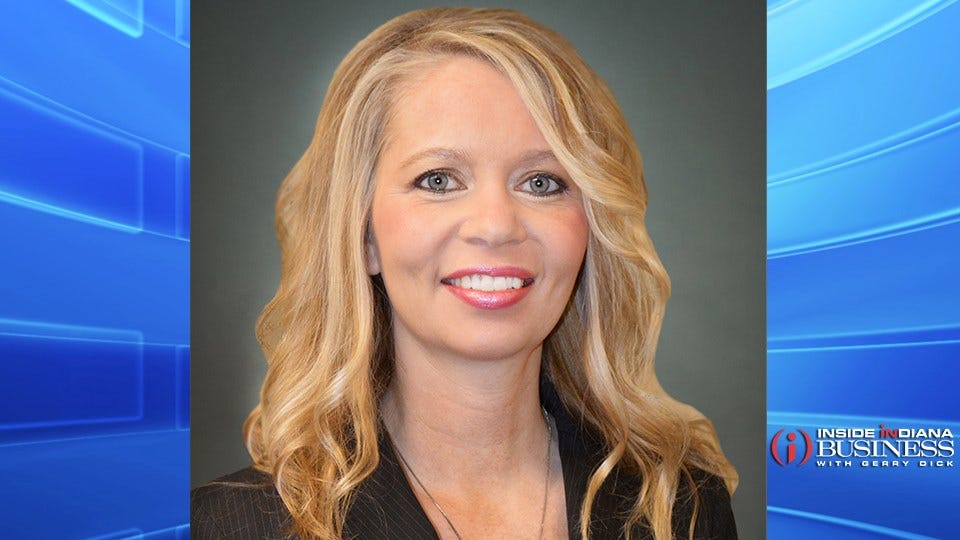A Need for Community Drives Peer-to-Peer Social Media Marketing

Subscriber Benefit
As a subscriber you can listen to articles at work, in the car, or while you work out. Subscribe NowEveryone recognizes that social media has changed our culture. Not only do we communicate in radically different ways since we learned to post, share, YouTube and Tweet, but we also have accepted new ways to gather information, buy and sell products, make travel plans, do business and more.
As life-altering as those innovations have been, however, it seems that they still rely on a decidedly old-school element for success: our natural desire for community. We want to feel connected to other people, whether it’s through social media, shared experiences, common passions or something else. Whether you’re in the for-profit or nonprofit world, I believe it’s important to remember that it’s that desire, not the high-tech wonders of social media or any other innovation, that drives success.
Certainly, social media is a great vehicle for community. That’s why every organization must have a social media strategy. Whether you’re trying to connect with clients, stakeholders, donors, volunteers or other audiences, social media offers an unparalleled vehicle for extending your reach and optimizing your resources.
The problem is, too often we become impressed with a vehicle for connection and its ability to reach large numbers of people that we forget that, no matter how many connections we make, we ultimately are connecting on a one-to-one basis. And it’s that one-to-one connection that will drive success.
That, I think, is the key to the rise of one of social media’s biggest assets, peer-to-peer marketing.
Now, I know peer-to-peer marketing is nothing new. It was around long before social media and it will be around long after we’ve moved on to something even newer. Why? For starters, consumers generally prefer human recommendations over anything else. In fact, a recent Edelman study suggests that nearly two-thirds of Millennials, today’s real marketplace power brokers, trust even online influencers – those celebrities or web sensations who make money endorsing products – over brand advertising. They might not see those people as peers, but they do connect with them more than they do an ad.
Now, add to that connection the factor generally referred to as “relatability” and you get the real appeal of peer-to-peer marketing: a human endorsement from someone you can relate to. For example, you might value LeBron James’ opinion on headphones, but you can’t really relate to his ability to afford anything he wants. On the other hand, if “someone like you” – someone in your income bracket, who lives in your community, who is at a similar life stage – endorses those same headphones, you will pay attention. The data backs this up: Reports by Nielsen suggest that as many as 92 percent of people trust the recommendations of peers, and the Edelman study noted that relatability is twice as important as popularity in terms of influence.
And that brings me back to my original point: Reaching people with our message, whether we’re selling something or trying to raise money for a cause, still comes down to helping people experience community. That was true when direct mail was the hot new thing, when TV ads first reached out to people, and when every other form of marketing emerged.
Regardless of how they make decisions, when the people we’re communicating with make choices about how to spend their money, they want to know that they are fitting in with a community they value, and when they decide to share their resources with a nonprofit, they do so because they think that nonprofit brings value to the community they value.
That’s one thing that hasn’t changed as a result of social media, and one thing that we all must remember if we are to be successful in getting our message across: Help people connect to a community and your message is much more likely to hit home.
Jenny Peters-Reece is Chief Strategy Officer for Damar Services, which will hold its first series of Damar Coffee Breaks on October 4 throughout Central Indiana.
